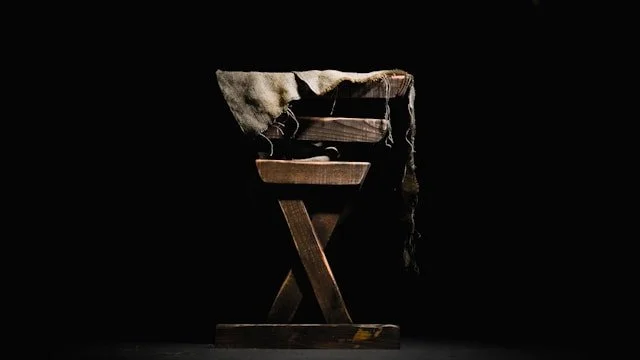I had the blessing of just returning from an amazing trip connecting with our brothers and sisters in India.
It’s always impossible to put into words what it is to see a glimpse of God’s miraculous work. India is one of the most challenging places for the gospel in the world. Christians are suffering in ways it is hard to imagine from our Western context.














